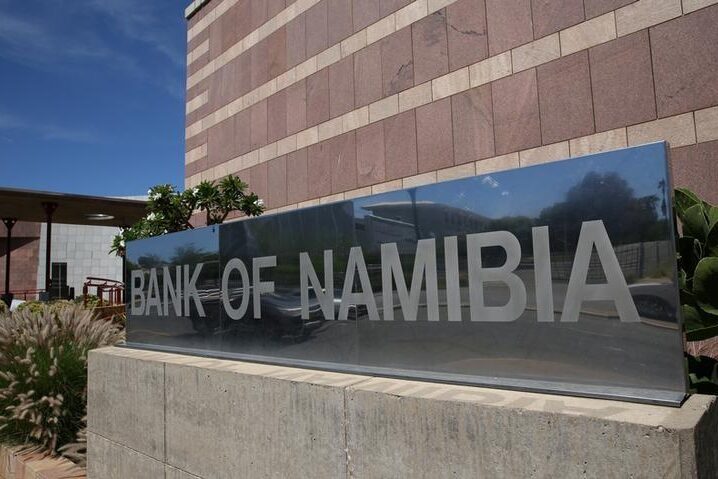Namibia has enacted the country’s first legislation to license and regulate Virtual Asset Service Providers (VASPs) and Initial Token-Offering Service Providers (ITOSPs), the central bank announced this week.
Namibia became only the 3rd Sub-Sahara African country to take legislative steps to regulate this sector and fully protect the public against potential risks, the Bank of Namibia said in a statement.
The Virtual Assets Act, 2023 (Act No. 10 of 2023) (VAA) became operational on 25 July and will be administered by the BoN.
“The monetary system consists of money and payment systems. The ability of the monetary system to function effectively depends on the public’s confidence in the system. New technologies, products, and related services have the potential to spur financial innovation and efficiency and improve financial inclusion, but they also create opportunities for criminals to launder their proceeds or finance their illegal activities,” Bank of Namibia Governor, Johannes !Gawaxab remarked following the newly assigned and additional regulatory mandate.
In addition, he said it is important to regulate virtual assets, virtual asset activities, and VASPs as these also, besides opportunities, have Anti-Money Laundering and Combatting the Financing of Terrorism and Proliferation (AML/CFT/CPF), financial stability, and monetary policy implications.
“The move to prudentially and AML/CFT/CPF regulate virtual assets thus is a major step to provide greater legal and regulatory certainty to both the public and the financial services industry,” he explained.
Meanwhile, to ensure a comprehensive and easily implementable regime, the bank is also in the process of finalizing rules, which contain operational requirements for the VASPs and ITOSPs.
The rules include but are not limited to cyber security, travel rules, capital, cyber and risk requirements.
“The bank will thus be conducting consultation processes for the said Rules during August 2023 with the industry players,” the central bank added.
Meanwhile, before the landmark legislation was enacted, Namibia determined virtual assets as a growing threat avenue for generating and laundering proceeds of crime, with the banking sector and members of the public, being the major target.

